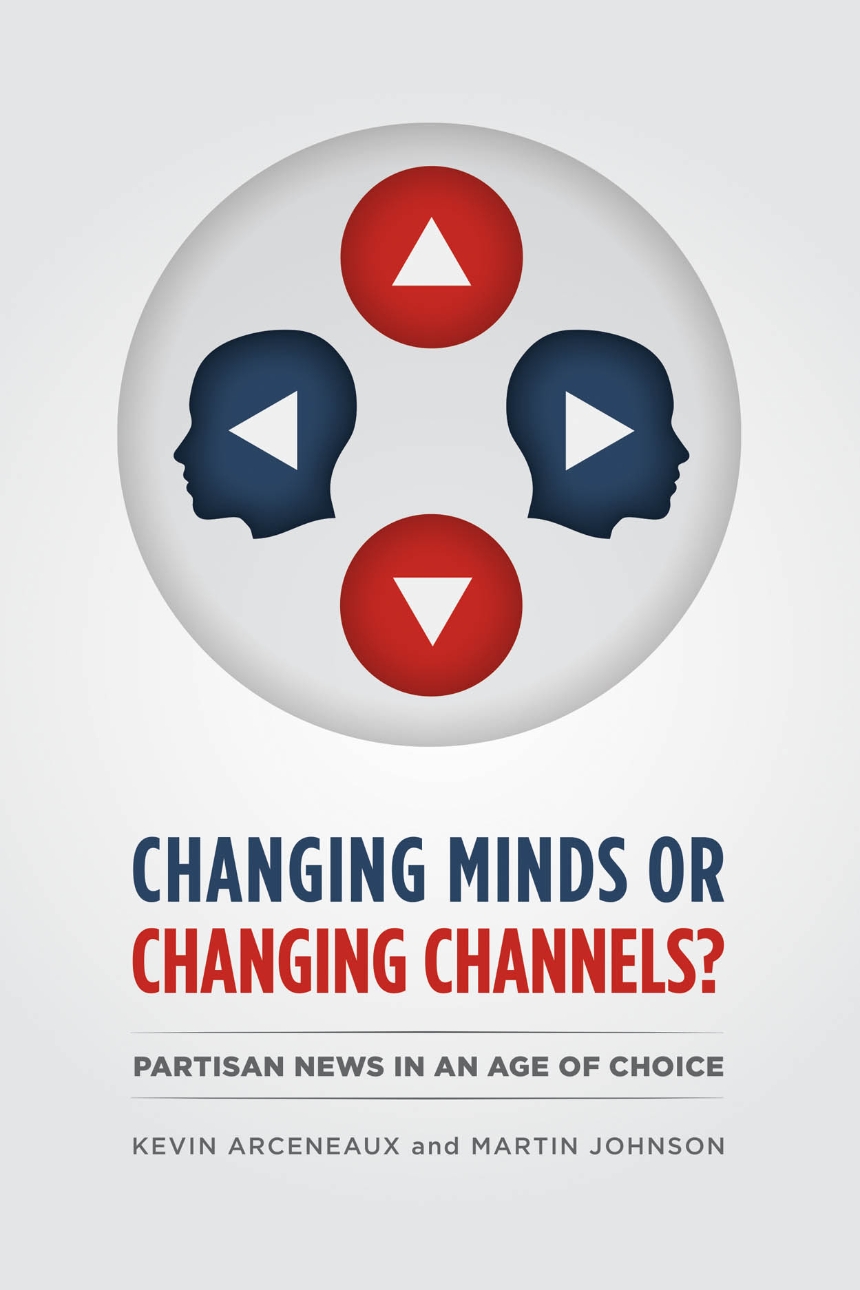Changing Minds or Changing Channels?
Partisan News in an Age of Choice
244 pages | 38 figures, 31 tables | 6 x 9 | © 2013
Chicago Studies in American Politics
Political Science: Political Behavior and Public Opinion
Sociology: Collective Behavior, Mass Communication
Reviews
Table of Contents
Acknowledgments
Chapter 1. The Expansion of Choice
Chapter 2. Changes in Media Technology and Content
Chapter 3. Selective Exposure and Media Effects
Chapter 4. Partisan News and Mass Polarization
Chapter 5. Hearing the Other Side and Standing Firm
Chapter 6. The Salience and Framing of Issues
Chapter 7. Bias and Incivility in Partisan Media
Chapter 8. Media Effects in the Age of Choice
Appendices
Notes
References
Index
Awards
Kappa Tau Alpha: Frank Luther Mott - Kappa Tau Alpha Research Award
Finalist
Harvard University, Shorenstein Center on Media, Politics and Public Policy: The Goldsmith Book Prize
Won
